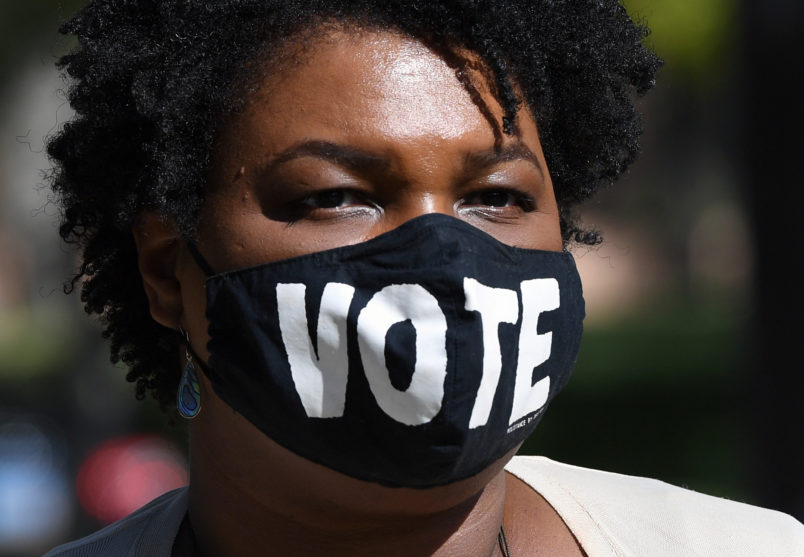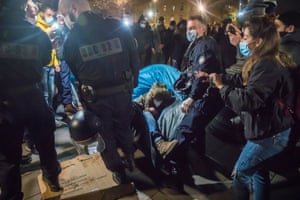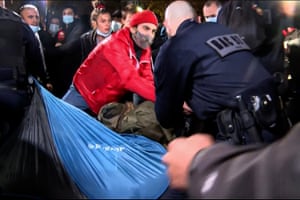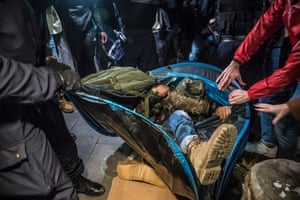4 New Takeaways From The Falwell Imbroglio

TPM Illustration/Getty Images/Liz Gorman
By Josh Kovensky
|
November 18, 2020
TPM published an exclusive account on Tuesday of Jerry and Becki Falwells’ relationship with Giancarlo Granda, their real estate business partner who says he carried on sexual liaisons with the couple over an eight-year period.
Earlier revelations about Granda’s involvement with the Falwells — in which he said he would have sex with Becki as Jerry watched — contributed to Jerry Falwell Jr.’s downfall from his position as president of Liberty University.
Jerry denies his involvement in the liaisons in no uncertain terms, and accuses Granda of trying to extort him. TPM attempted to secure an on-the-record interview with the Falwells about the relationship, but the Falwells broke off contact after Jerry sued Liberty.
It’s a long and twisted story that brought Granda and the Falwells from a 2012 encounter at a Miami pool to their present recriminations. Here are key takeaways.
1. The Sex Continued After They Were Found Out.
Granda claims that he had sex with Becki in August 2018.
But by that point, the fact — and weirdness — of Granda’s relationship with the Falwells was already public knowledge. Buzzfeed’s Aram Roston had broken the initial story in May of that year, revealing that the Falwells had “offered” Granda a share in a Miami Beach property worth millions within a year of meeting the then-21-year-old part-time student.
Back in 2018, the rest was left to speculation. But as Granda himself now says, the speed with which he became a business partner with the Falwells was a giveaway.
“That’s why the cover story never worked,” Granda told TPM. “C’mon.”
But even after Roston and other reporters had started to publish stories on the relationship, Granda engaged in another liaison with them while visiting the Falwells’ Virginia estate in August 2018. He says that they were all “addicted” to the risky behavior.
Jerry disputes this in a lawsuit filed against Liberty University last month, saying that the sexual relationship was only between Becki and Granda and that it only lasted from 2012 to 2014.
2. Granda Says Michael Cohen Was Among The First To Notice Something Was Going On.
At least one person, very early on, noticed that something was funny about Granda’s relationship with the first family of evangelical Christianity, Granda says.
It was Michael Cohen, who Granda encountered while on a September 2012 visit to Liberty University.
While on a tour of campus with Cohen and Donald Trump, Granda remembers Cohen gesturing towards Granda, and asking a Falwell associate, “Who’s that guy?”
“He’s a business partner of the Falwells,” the associate replied.
“Huh,” Cohen nodded.
Cohen would go on to play a key role as a fixer for Jerry Jr., helping him get rid of risque photos of Becki in 2015. Months later, Falwell endorsed Trump in the 2016 Republican primary, granting the future president a base of support in the GOP that few expected him to have.
Granda remembers little of Cohen’s involvement in the episode, though he does recall Becki telling him that Cohen was going to “take care” of opponents in a lawsuit over their investment.
3. The Falwells Have A Taste For The Finer Things In Life.
If you find yourself in the Falwells’ inner circle, Granda claims, you’ll be introduced to a world of fine liquor, expensive travel, and lavish celebrations.
Becki’s preferred drink is vodka and Baileys, per Granda, while Jerry prefers tequila or rum — either Casamigos, the George Clooney tequila brand, or Bacardi Oakheart, no longer in production.
Needless to say, the Falwells’ indulged their lavish ways while Jerry was running a university which banned dancing, alcohol consumption, and private mingling between the sexes.
But, Granda says, there was always an exception for the Falwells, as they traveled to Miami or Greece, or as they threw booze-filled, expensive wedding celebrations for their children.
4. Granda Says Jerry Was More Deeply Involved.
Jerry Jr., son of the preacher man himself, was more involved in the sexual liaisons than has previously been reported, Granda says.
Namely, according to Granda, Jerry would have sex with his wife after Granda and Becki finished having sex.
Granda also showed TPM material from a January 2019 Facetime video in which Becki Falwell is nude and Jerry follows, watching as Becki carries on a conversation with Granda.
Jerry strenuously denies this, and has done so in a lawsuit filed against Liberty University last month. There, he accused Granda of lying about Jerry’s role as part of an extortionate threat, and says that while Becki had an affair with Granda that went from 2012 to 2014, Jerry was never involved.
Read the article here. LONG READ
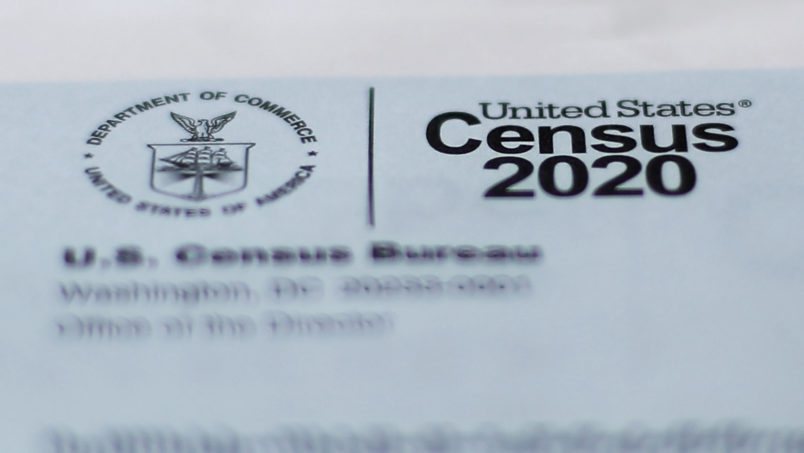


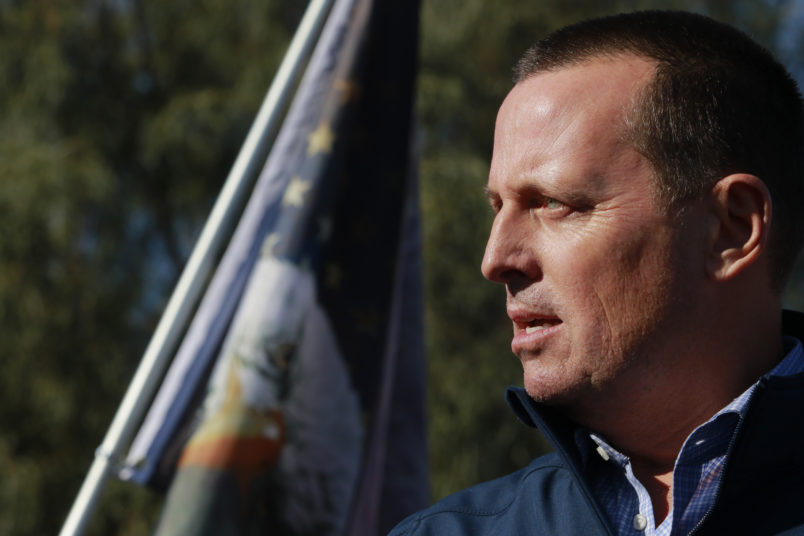
 Screenshot/archive.is
Screenshot/archive.is